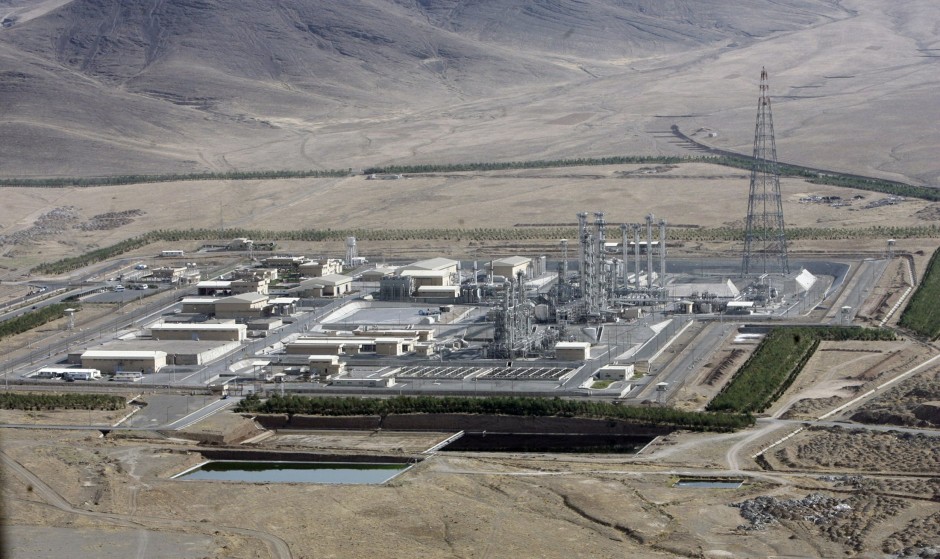Much to U.S. President Barack Obama’s annoyance and even anger, the Israeli government is pressing ahead with efforts to derail the nuclear agreement the United States and five other major powers signed with Iran in Vienna on July 14.
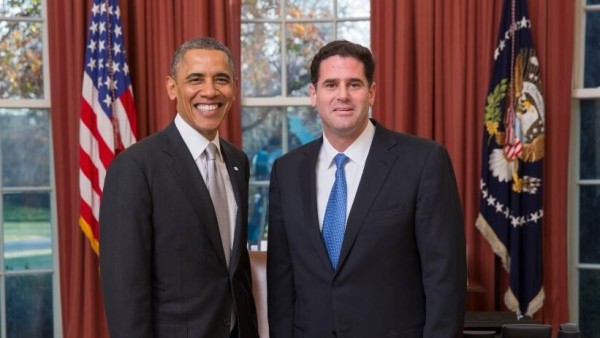
Israel, having denounced the accord as a long-range threat to its national security, is working with U.S. lawmakers in both houses of Congress to scuttle it. Israel’s ambassador to the United States, Ron Dermer, is orchestrating the campaign in league with the Republican Party, a few Democrats and the American Israel Public Affairs Committee.
Since the Republicans have controlling majorities in the Senate and the House of Representatives, they may yet overturn it. Obama has vowed to veto any effort to quash it, but a presidential veto can be overridden by a two-thirds majority in the Senate.
A survey conducted by the Pew Research Center has found that 48 percent of Americans who have heard of the agreement disapprove of it, compared to 38 percent who favor it.
Congress will vote on Sept. 17 to approve or reject the agreement, which curbs Iran’s nuclear program for about 10 years and offers Iran sanctions relief to the tune of about $100 billion. Until then, both sides will debate its pros and cons during what will likely be a rigorous and raucous 60-day review period.
The Obama administration officially launched its lobbying campaign in Washington, D.C. on July 22 as three cabinet secretaries, spearheaded by Secretary of State John Kerry, made the case for the agreement, the product of 20 months of arduous negotiations.
Claiming it represents the one last opportunity to roll back Iran’s nuclear ambitions by diplomatic means, Kerry warned that its rejection in Congress would embolden Iran to assemble a nuclear arsenal without international oversight.
If the agreement fails to pass, he said, Iran would in effect be given “a great big green light to double the pace of its uranium enrichment, proceed full speed ahead with a heavy-water reactor, install new and more efficient centrifuges, and do it all without the unprecedented inspection and transparency measures that we have secured.”
Kerry added, “Everything we have prevented would then start taking place.”
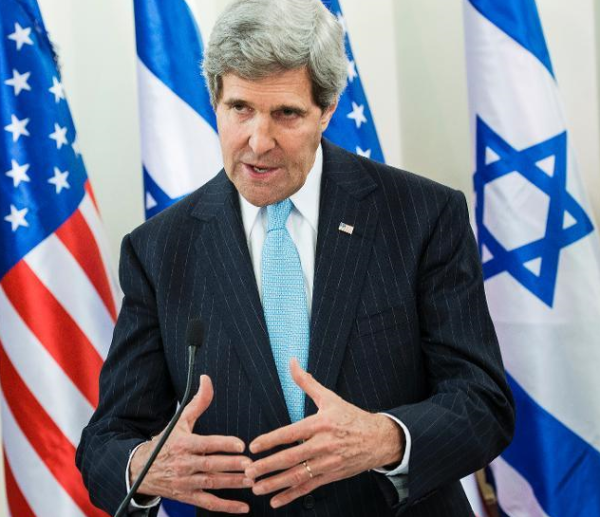
Responding to a question, he asserted that the ultimate objective of the agreement is to block Iran’s entry into the nuclear club, while permitting Iran to use its stocks of low-enriched uranium for peaceful purposes.
Shortly after the agreement was signed, Obama said, “We have cut off every pathway for Iran to develop a nuclear weapon.”
Warning that its derailment would increase the chances of a Middle East war and touch off a nuclear arms race in the region, he declared, “That’s the choice that we face. If we don’t choose wisely, I believe future generations will judge us harshly for letting this moment slip away.”
According to Obama, neither the Republicans nor Israel have “presented to me, or the American people, a better alternative.”
The agreement, he observed, is focused exclusively on resolving the problem posed by the risk of Iran developing a nuclear device. As he put it, “We are not measuring the deal by whether it is changing the regime inside Iran. We’re not measuring the deal by whether we are solving every problem that can be traced back to Iran, whether we are eliminating all their nefarious activities around the globe. We are measuring this deal by whether Iran could get a nuclear weapon. That was always the discussion.”
Once the agreement is passed by Congress, he noted, the United States and its allies will find it easier “to check” Iran’s hegemonic foreign policy.
Obama, however, does not seek to diminish Iran’s status in the region. “The truth of the matter is that Iran will be and should be a regional power,” he said. “They are a big country and a sophisticated country.”
But he pointed out that Iran’s quest for greatness need not be predicated on “denigrating Israel or threatening Israel or engaging in Holocaust denial or antisemitic activity.”
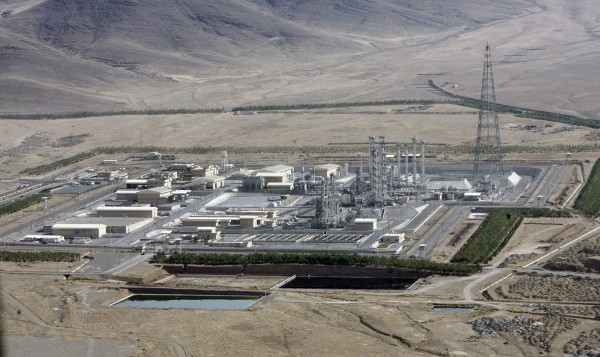
Obama said he has assured Israeli Prime Minister Benjamin Netanyahu that the accord “will not diminish our concerns regarding Iran’s support for terrorism and threats toward Israel.” And he has offered to upgrade Israel’s defences.
Nonetheless, Obama said he hoped the accord will pave the way for a more constructive relationship between the United States and Iran. “My hope is that building on this deal, we can continue to have conversations with Iran that incentivizes them to behave differently in the region, to be less aggressive, less hostile, more cooperative.”
These arguments have had little or no impact on Republicans or Netanyahu, both of whom claim that the agreement empowers Iran and threatens Israel.
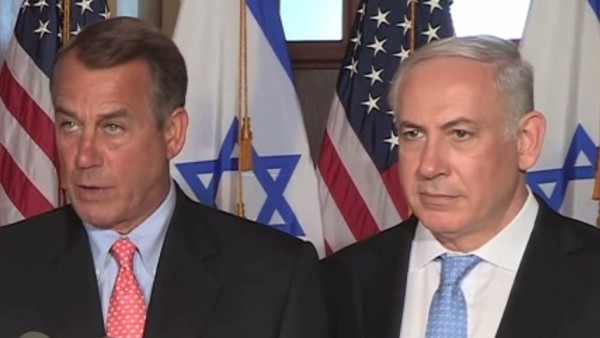
“We will do everything we can to stop it,” said John Boehner, the Speaker of the House of Representatives.
Boehner’s colleague, Senator Ted Cruz, a Republican presidential candidate, contends that the agreement will provide Iran with a financial windfall and better position it to fund and support anti-Israel proxies like Hezbollah and Hamas. “If this deal goes through, it will transform the Obama administration into the world’s leading financier of radical Islamic terrorism,” he claimed.
Senator Bob Corker, the chairman of the Senate’s Foreign Relations Committee, is just as skeptical. During Kerry’s appearance in Congress, he accused him of having been “fleeced” by Iranian negotiators.
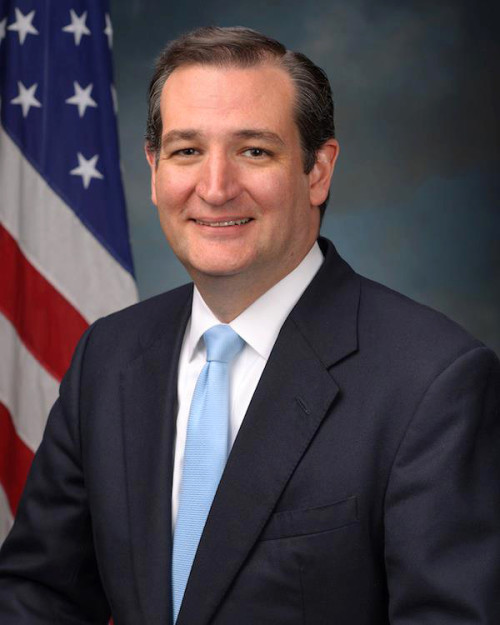
Critics in Israel, led by Netanyahu, contend that a good deal can still be attained if economic sanctions remain in place, if Iran’s nuclear infrastructure is dismantled rather than scaled down and mothballed, and if the inspection regimen is tightened by a considerable margin.
By Defence Minister Moshe Yaalon’s estimation, the agreement sanctifies Iran’s status as a nuclear “threshold state.”
Michael Oren, Israel’s former ambassador to the United States, believes that a tougher approach could have yielded better results. “A combination of robust sanctions and a credible military threat by the United States would have compelled the Iranians to make more far-reaching and substantive concessions than the few largely symbolic gestures contained in this deal,” he writes. “The alternative to this deal is not, as its supporters insist, war, but a better deal.”
Interestingly enough, Iranian President Hassan Rouhani has acknowledged that the sanctions bit deeply into Iran’s economy, reducing its oil exports and denying it access to the global banking system.
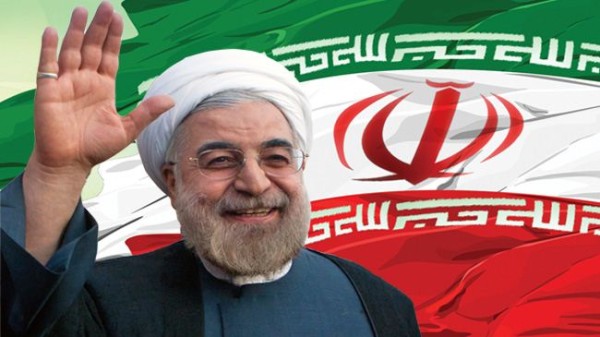
Iran’s supreme leader, Ayatollah Ali Khamenei, has described the agreement as an Iranian triumph by virtue of the fact that the six major powers basically accepted its right to uranium enrichment and nuclear power.
